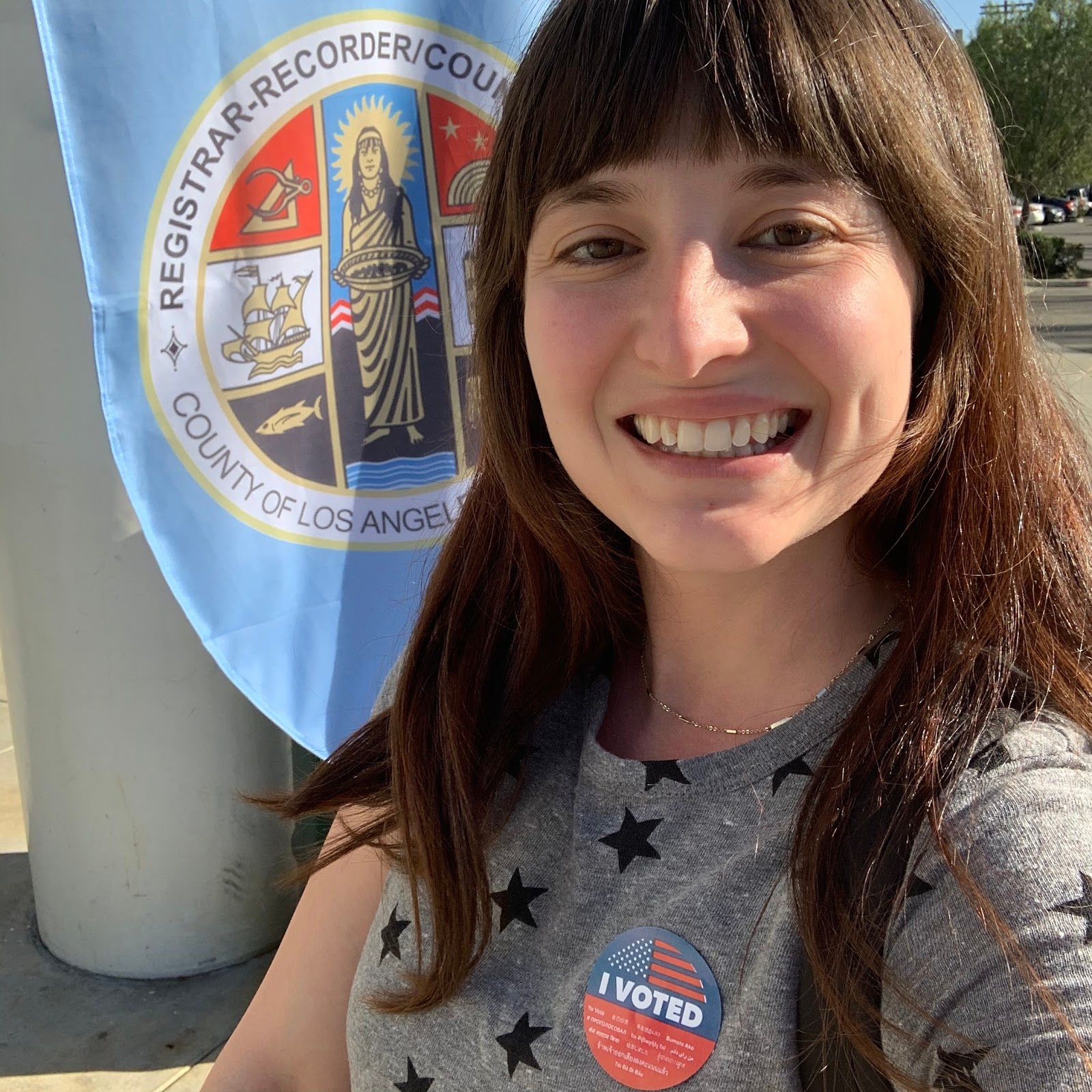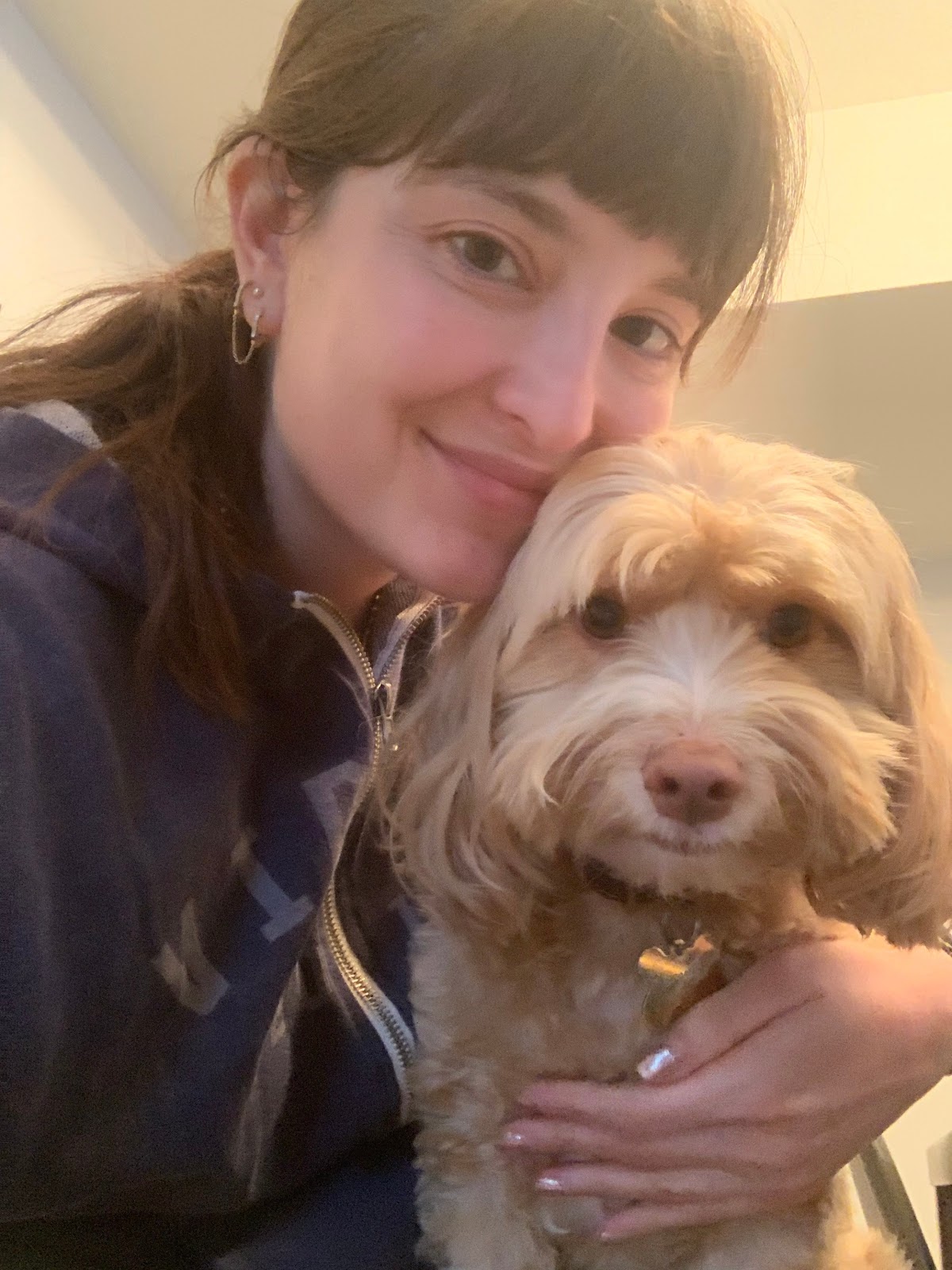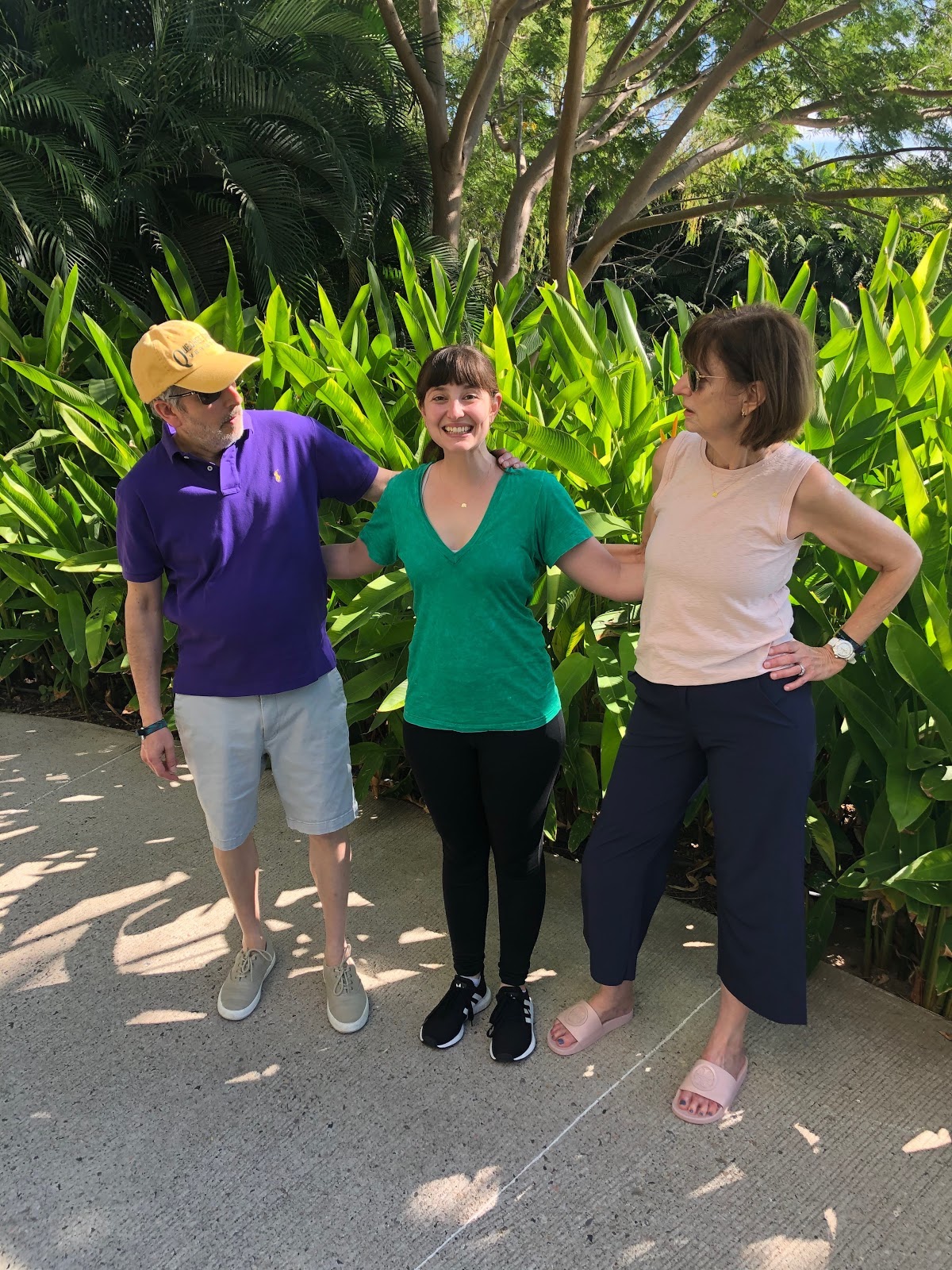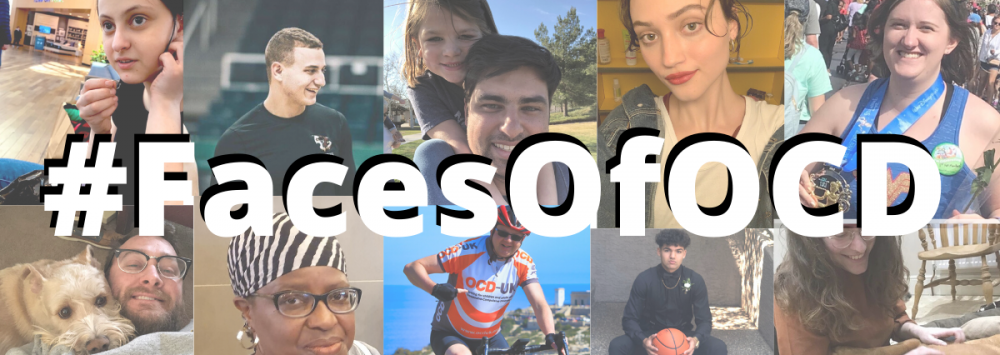For more information about #FacesOfOCD and how to submit, click here.
Hello! Shira here! Welcome back to another #FacesofOCD post! Today we are going to hear from Allison Raskin. Allison is a writer, director, comedian, and advocate. She’s also a co-host of the Just Between Us podcast with Gaby Dunn, which I’ve been binge-listening to in quarantine. Listening to JBU has given me a sense of connection to the outside world and to other people. It’s been a surprising source of comfort.
I had known, somewhere in the back of my mind, that Allison had OCD (and was out about it), but after listening to her talk about mental health stigma on her podcast, I knew I wanted to have her on the blog. So I reached out to her on Twitter (what else would I do?). I am so, so excited and grateful that she agreed to be a part of this project, which is an ongoing effort to dispel OCD stigma.

I asked Allison some questions about her experiences with OCD, creativity, and the importance of mental health advocacy. Here is what she had to say.
What are your values and passions?
This really makes you think, huh? Politically, I'm very progressive and am trying to do everything in my (small) power to support those ideals. I strongly support BLM, LGBTQ rights, reproductive rights, and universal healthcare. I think the person is political and am unable to separate a person's values from their personality. I also love animals and volunteer with a dog rescue in LA called Wags & Walks. My passions include my family, my friends, my dog, and reading. Oh man, do I love to read! Swimming is also very fun.
Which creative project(s) are you proudest of?
I'm super proud of my two podcasts. Just Between Us is a comedy variety show where we have interviewed some amazing guests and tackled some difficult but important topics. Gossip is a scripted comedic soap opera that I created and showran. I'm also currently working on a book about the intersection of mental health and dating that's set to be published in May 2022, which I am very excited about!
Tell us a bit about your experience with OCD.

I contracted OCD when I was four through PANDAS, so I don't remember a time in my life without it. Mine is mostly cleanliness based but with the help of therapy and medication I have become extremely high functioning. I feel sadness for my younger self when it was much more debilitating, but am very proud of the progress I have made over the last few decades! It's a great reminder that if you are able to put in the work, your illness doesn't have to control you.
How has your mental illness impacted your creative life?
While I started out as a traditional writer/comedian, I have slowly been shifting more and more into the mental health advocate space. I've always written about mental illness in both my narrative and nonfiction work. It's important to me to continue to destigmatize mental illness and show people what it actually means to struggle with your mental health day to day. Also, it's a large part of my own story so that's obviously going to be reflected in my work. Write what you know!
Can you talk about your experience with stigma?
I'm very lucky that I personally haven't faced much stigma. In fact, openly talking about my struggles has only helped my career. But I think I am lucky to be working in a creative field where it's more accepted. I don't think the same would be true in other professions. In my personal life, my parents have always understood and been my greatest advocates. And, as an adult, I don't tolerate anyone who doesn't understand and respect mental illness, so that's made things pretty easy!
What made you decide to be a mental health advocate? Why is mental health advocacy important to you?
My advocacy wasn't intentional, but as I talked more and more about my own experience on my YouTube channel I realized how important it is to share these stories and normalize these experiences. I could see it was resonating with people and so I leaned into it and now I try to use my platform to educate and destigmatize. I think we are finally at a turning point when it comes to acceptance of OCD, anxiety, and depression, and I am so happy to be a part of spreading awareness. (Unfortunately, there is still a lot of work to be done when it comes to other mental health issues such as mania and psychosis.)

So many people are struggling and I don't want them to feel alone or like they aren't entitled to the help they need. Once people fully realize mental health is just as important as physical health the world will be a better, more tolerable place.
If you could permanently debunk one OCD myth, what would it be?
People tend to think OCD looks the same for everyone, which couldn't be further from the truth. There are many different subsets and many different ways it can impact someone's life other than making sure picture frames are straight on a wall. Plus, a lot of OCD symptoms are actually internal so if you know someone with OCD I suggest you ask how it presents itself for them and not make assumptions based off of movies and TV.
(P.S: I want to be sure to plug some of Allison’s awesome projects. I would highly recommend checking out JBU, which you can get on Spotify (or wherever you get your podcasts.) Also, buy her books! Allison wrote “I Hate Everyone But You” and its sequel, “Please Send Help” with Gaby Dunn, and if you’re looking for some new YA, look no further. Follow Allison on Twitter at @AllisonRaskin and visit her website with Gaby at gabyandallison.com)


Leave a Reply